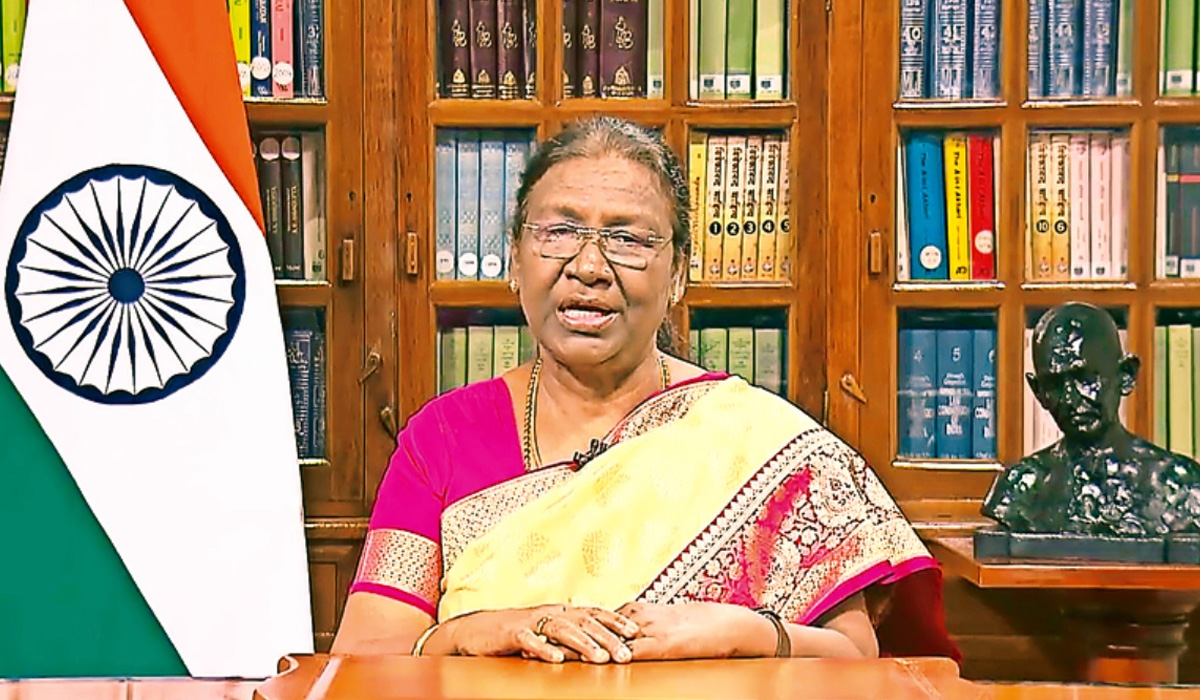
New Delhi: President Daroupadi Murmu has given her nod to the Public Examinations (Prevention of Unfair Means), Bill, 2024, which aims to check cheating in government recruitment exams.
Bill passed in the recent session
It is relevent to mention here that The Bill was passed by the two Houses of Parliament in the Budget session which concluded on February 10. It seeks to prevent the use of “unfair means” in public examinations and bring “greater transparency, fairness and credibility”.
It got the President’s approval on Monday and shall come into force on a date decided by the Central Government by notification in the Official Gazette.
The Bill, which has become an Act now with the President’s nod, defines several offences in relation to public examinations.
The law relates to public examinations
The public examinations in the Act refer to examinations conducted by authorities notified by the central government. These include Union Public Service Commission, Staff Selection Commission, Railway Recruitment Board, National Testing Agency, Institute of Banking Personnel Selection, and Departments of the central government and their attached offices for recruitment.
It prohibits collusion or conspiracy to facilitate indulgence in any unfair means. It specifies unfair means to include unauthorised access or leakage of question paper or answer key, assisting a candidate during a public examination, tampering with computer network or resources, tampering with documents for shortlisting or finalising of merit list or rank, and conducting fake examination, issuing fake admit cards or offer letters to cheat, for monetary gain.
The Act also prohibits disclosing exam-related confidential information before time, and unauthorised people from entering exam centres to create disruptions. The offences will be punishable with imprisonment between three and five years, and a fine up to ₹ 10 lakh.
In the event of a violation of provisions of the Act, service providers must report to the police and the concerned examination authority. A service provider is an organisation that provides computer resources or any other support to a public examination authority. Failure to report such incidents will be an offence, according to a Law Ministry notification
